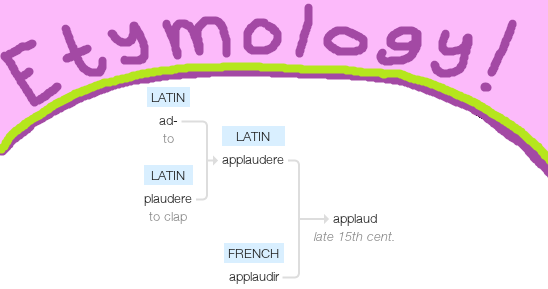by Derek Spencer
I am thankful for all my teachers, who introduced me to fantastic works of literature, works that I may otherwise have never discovered.
I am thankful for my 9th-grade English teacher, who reminded me that rules of grammar, while important, should be broken if breaking them will help you more clearly convey your message.
I am thankful for my 10th-grade American Lit teacher, who allowed a few classmates and me to make a highly entertaining short video about The Crucible for a class project, and who also greatly expanded my vocabulary through direct vocabulary instruction.
I am thankful for my 11th-grade Brit Lit teacher, who rekindled my love affair with Arthurian legends and introduced me to the great Modernist poets.
I am thankful for my 12th-grade AP English teacher, who asked me to read one of my essays in front of the class, which taught me that creativity and a novel perspective are attributes that other people truly value.
My English teachers nurtured my desire to read wonderful texts that transported me to faraway lands, spoke of impossible futures, and depicted raw human nature at its most terrifying and most inspiring. I and everyone here at Prestwick House thank all those teachers out there who, like my teachers, transfer their electric enthusiasm for the written word to their students and spark an eternal flame in their minds.
Thank you so much. Have a happy, safe Thanksgiving.







